Oakey back from the brink as New Acland coal mine expands
The 4000 residents of a Queensland country town have been given certainty after almost two decades of government red tape and legal limbo over the future of its coal mine.
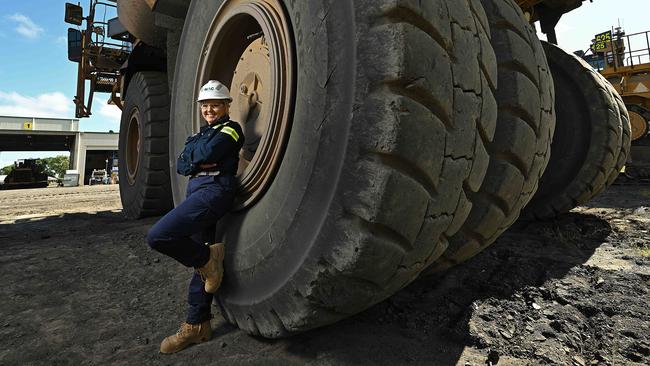
For almost 20 years, the president of Oakey Junior Cricket Club, Jason Lee, has tracked the strength of the Queensland township by the number of teams the club could field.
The town of 4319 hugs the edge of the New Acland Mine, 180km west of Brisbane near Toowoomba, and Mr Lee said he could always tell when the operation was caught up in a new round of government regulatory or legal purgatory.
“We did go through a tough, tough period when the town was looking to close down,” Mr Lee said, thinking back to the rag-tag team of tweens and teens that made up the one team they could field in the late 2010s.
“At the mine, things were very quiet, and the army base had cleared out. Shops were boarded up, people were out of work and at the time, there was also a drought going on. Things turned bad.”
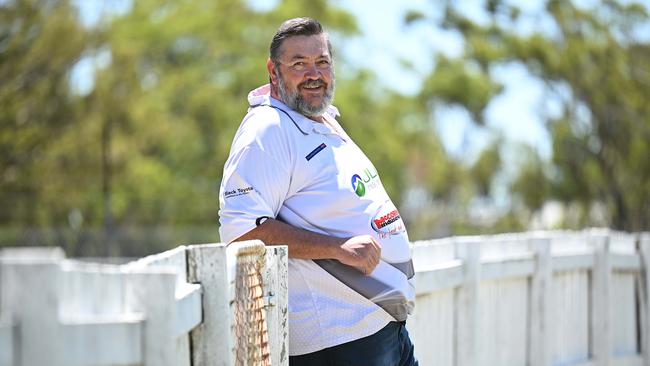
But now Oakey is going through a renewal.
New Acland, which is the area’s largest employer, can now operate without obstruction. In January, the final legal challenge by a small group of local farmers called the Oakey Coal Action Alliance, backed by the taxpayer-funded Environmental Defenders Office, dropped its action over the mine’s water licence.
“As the mine got permission for new stages … it gave people security,” Mr Lee said. “All of a sudden, all those for sale signs started getting taken away, and people were buying in the community.
“Here we are, we have eight sides, about 80 kids playing. Country cricket is alive and well.”
New Acland Coal general manager Dave O’Dwyer said it has been a long time coming. He joined the group in 2016, amid the first Land Court challenge by OCAA, who were concerned about groundwater impacts for local farmers.
In the years that followed, the Palaszczuk Labor government proved gun-shy in providing the mine’s owner, New Hope Group, with the required approvals to move on to the $900m third stage of its expansion, after pulling the trigger and green-lighting the controversial Adani Carmichael mine.
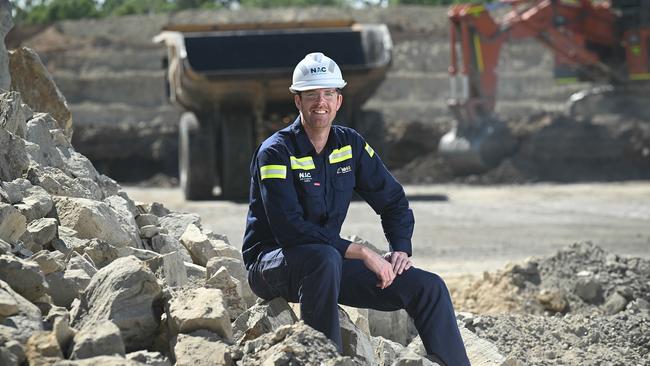
Mr O’Dwyer said that by early 2019, the business realised it was running out of places to mine and came to an awful realisation.
“We were going to have to start ramping the operation down,” he said.
The open-cut thermal mine was put into caretaker mode in 2021, manned by a skeleton staff, while about 300 people lost their jobs.
Mark Van Dongen was one of them. The maintenance manager had been a loyal employee for 13 years and was forced to leave his family to seek work in the Bowen Basin.
“I didn’t want to leave the local area, but I had to go and find other work and make sure that I kept food on the table,” Mr Van Dongen said.
“The onsite family had to be dispersed, which meant that, unfortunately, the families that (workers) go home to every night also had to suffer some of the pain as well, because the breadwinner had to go away.”
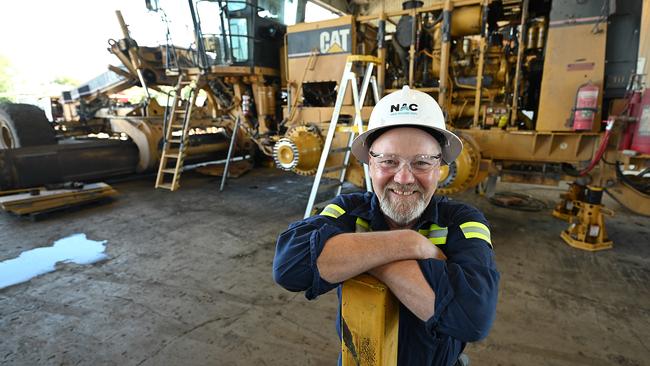
He was one of the lucky few brought back in 2022 after the necessary mining and water licenses for the expansion were finally granted. But in May the following year, the EDO-backed OCAA again sought to overturn the water licence, which cost the company more than $100m to defend in the Supreme Court, Land Court and High Court.
Despite the challenge levelled against it, Acland continued to expand over the past 18 months, the number of full-time workers on the site having more than doubled to more than 290 people. This figure is expected to continue rising in the coming months as operations continue to ramp up to full capacity.
Work continued onsite and the first coal was extracted and shipped in the second half of 2023. Last financial year, New Hope extracted 1.027 megatonnes from the site and is on track to achieve a turnover of five megatonnes annually by 2027.
The operation does not employ fly-in, fly-out workers and prioritises giving work to those living nearby so locals can work and spend their incomes in their community.
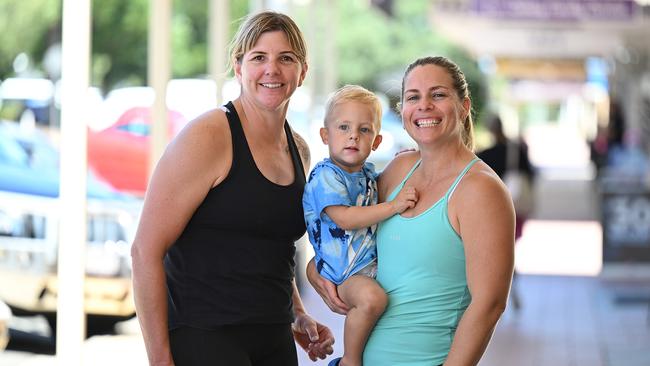
One of the newest recruits is Jodi Keane Venz. The former hairdresser sold up her salons in the late 2010s in case her husband lost his job at New Acland and the family had to move.
“We were so frustrated because we could see the benefits of the mine out here and what it did for the community,” Ms Keane Venz said.
The expansion of operations sparked a career change for Ms Keane Venz, who now operates the dump trucks that haul dirt and coal around the site.
“There’s lots of other women out here as well, so I didn’t feel like I was the only mum,” she said.
The effects of the surety extend past those directly employed by the mine and the local cricket club. The town’s main shopping strip has come back to life.
Oakey Chamber of Commerce president Dave Cooper said business apprehension was lifting and the town was “back on the map”.
“We want people to realise that Oakey is open for business,” Mr Cooper said.
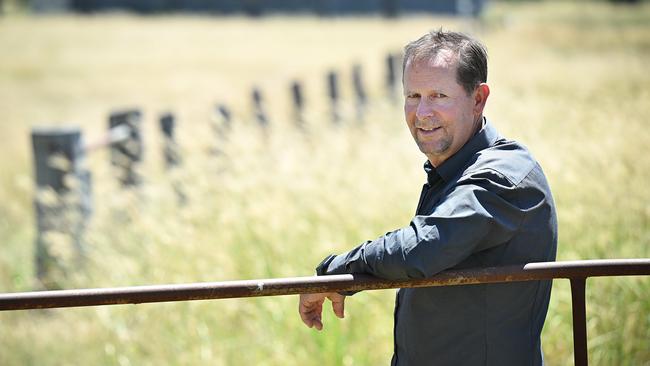
The first-term Crisafulli Liberal National government has cut funding from the EDO in the budget.
Natural Resources and Mines Minister Dale Last said “out-of-town activists ideologically opposed to blue-collar jobs” should not be able to leave regions in limbo.
“We won’t let what happened to the people of Oakey happen again,” Mr Last said.
“If a project stacks up environmentally and delivers jobs and investment for Queenslanders, then it shouldn’t be held hostage by frivolous legal challenges and ideological activism.”
Now that operations are ramping up, the years of indecision are having an effect. New Hope does not have enough train capacity to transport its coal to the Port of Brisbane for further export, primarily to Asia, causing the share price to be impacted in recent weeks.
The New Acland Mine is expected to continue operating until at least 2037.






To join the conversation, please log in. Don't have an account? Register
Join the conversation, you are commenting as Logout